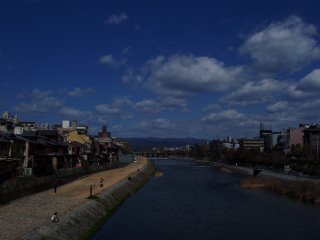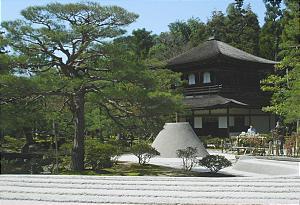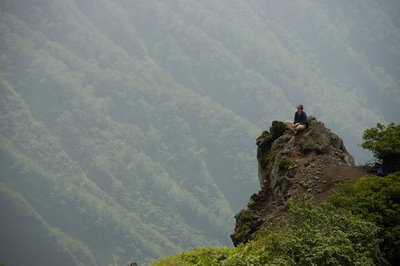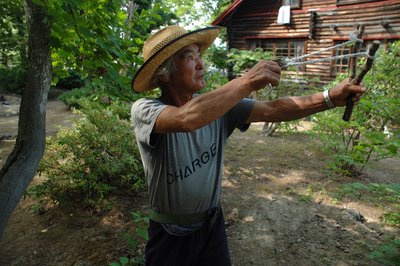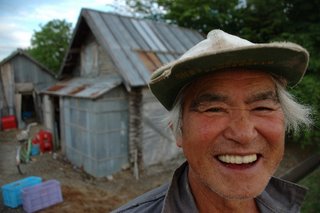Sleeping in the Gutters #2
 This is the second installment of "Sleeping in the Gutters" by Muff Richardson. Sleeping in the Gutters will appear around once a month in this space. You can contact the author at muffrichardson@yahoo.com. All comments and queries are welcome, but he especially hopes to hear from "any birds that's not too particular like." To read about how I met Muff, click on this link. Finally, please remember that any opinions and vulgarities in "Sleeping in the Gutters" do not necessarily reflect my own views.
This is the second installment of "Sleeping in the Gutters" by Muff Richardson. Sleeping in the Gutters will appear around once a month in this space. You can contact the author at muffrichardson@yahoo.com. All comments and queries are welcome, but he especially hopes to hear from "any birds that's not too particular like." To read about how I met Muff, click on this link. Finally, please remember that any opinions and vulgarities in "Sleeping in the Gutters" do not necessarily reflect my own views. ASAHI GOLD
Being a lovely long weekend, it was a boozy one at Richardson Towers. Festering atop my solo bean bag all day Sunday with only a dozen 500 ml tins of beer for company (that's 500ml, trivia fans: I do not lend my lips to less) I greatly enjoyed the new television commercial for Asahi Gold beer which was played a scant two score times and four on most J-channels twixt dawn and dusk of that very pleasant Sabbath. Just about every 15 minutes anyway, the bastard was on.
In case anyone's living in a well or your telly's donald ducked, said new advert involves a dozen or so red-faced Jap manly-type piss-artists merrily marooned in some parched rocky desert in the middle of nowhere having a lads-only "barbie" i.e. guzzling down gallons of cold beer and chowing down on thick doormat-sized slabs of under-grilled beef. All behaving like lads do, when, suddenly, along comes trouble in the shape of a rickety stagecoach, driven by a dodgy-looking ne'er do well moustachioed bandit-pimp gaijin feller. It looks like curtains for the barbecue lads, and the figurative piano player stops, western saloon style.
But then, to save the day, the stagecoach drapes fall like autumn leaves to reveal — hey presto — the wagon is full of blonde gaijin bimbo tarts all licking their crimson lips and showing stocking top and garter, clearly lust-crazed and frothing at the gash for a shag with the sunburnt beer-swilling Jap carnivores. Banzai! The day is saved, and we ride off into the sunset affirmed, shags all round and more beer for the lads thank you kindly. And that'll be Asahi Gold, yes sir. All along, the background music is that "Beautiful Sunday, will you say say say say that you love me, this is my my my what a beautiful day..." shite song that sounds like a Bay City Rollers b-side botch-job but probably isn't.
I can only conclude that the hardly-subliminal implied message of this artwork is that if you patronize Asahi Gold brew, mister, you'll be spending your off-days boozing like a sailor on shore leave and troughing on sirloin steak as a prelude to shagging a tuppeny gaijin hooker before sundown. And that, fellers, is good enough for me. Where do I place my order, mate?
A big hats off and three cheers to Asahi for kicking against the pricks and bringing us an entertaining and poignant advertising campaign in these arid times of dreary disheartening political correctness and doleful vegetarian feminist prosody.
There is a light that never goes out.
-Muff Richardson

